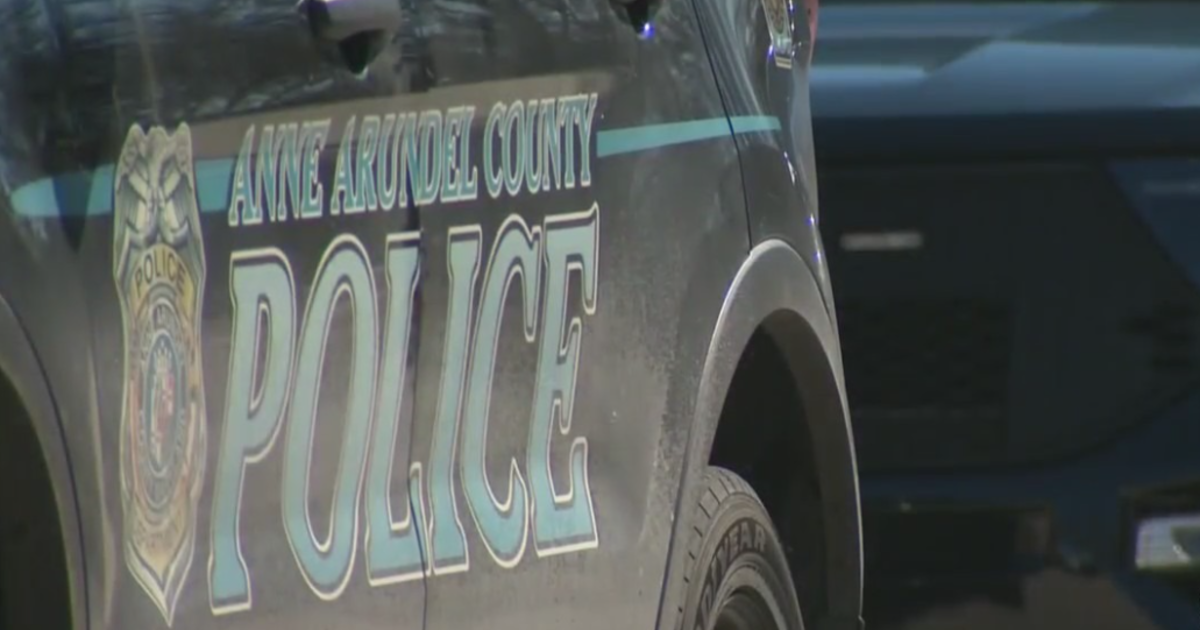Sellers Say Tax Driving Big Boats Out Of Md.
ALEX JACKSON
The Capital of Annapolis
ANNAPOLIS, Md. (AP) -- Hamilton Chaney lost a customer last week.
Dr. Richard Rende, a 60-year-old orthopedic surgeon from Steamboat Springs, Colo., told Chaney his 48-foot sailing catamaran would be departing early from Herrington Harbour North, the marina Chaney's family owns in southern Anne Arundel County.
On June 25, he arrived at the marina, where he pays $1,000 a month to dock. He has spent $30,000 in Maryland -- mostly on boat work with different companies, but also at local restaurants and hotels.
But Rende is leaving for Delaware to avoid Maryland's vessel excise tax, which would force him to pay 5 percent of the value of his boat if he stayed in the state longer than 90 days this year.
"People like me, we spend a lot of money," he said. "And you're going to lose all that money if you don't change (the law)."
The excise tax is becoming more of an issue for an industry struggling to stay afloat. While it might be a mere hassle for some boat owners, others say it's why Maryland didn't enjoy rebounded boat sales in 2011.
Brokers say purchases lag in Maryland because residents go to tax-free Delaware or Virginia, where there's a 2 percent tax and a $2,000 tax cap. Some marina owners blame Maryland's excise tax for keeping transient boaters away from state docks.
The Department of Natural Resources has shied from decreasing or capping the tax for years. The tax powers the Waterway Improvement Fund, which provides grant money for dredging and other projects to keep the state's waters healthy.
But some boating advocates say capping the tax, like Virginia did years ago and Florida in 2010, would increase tax revenue for Maryland. In next year's General Assembly, the Marine Trades Association of Maryland hopes to propose such a bill.
"A tax cap will mean more money, more jobs and more revenue for the state," Chaney said. "It should have been done eight or nine years ago. But now it has to be done."
It's hard to fathom Maryland, home to Annapolis, known as the "Sailing Capital of the World," would be in the bottom half of the country in total sales for boats, engines, trailers and accessories.
Yet Maryland's sales fell from $183 million in 2010 to $162 million in 2011, placing the state No. 26 in the nation. In 2008, that number was $248.5 million.
"There was an increase nationally. Maryland was definitely not on that trend," said Ellen Hopkins, a spokeswoman for the National Marine Manufacturers Association, which provided the sales numbers.
About 4,600 fewer boats registered with the state's Department of Natural Resources in 2011, compared to 2010. It was the eighth consecutive year the state registered fewer boats than the year before.
Across the bay, Delaware saw an increase in registered boats. The tax-free state registered 57,687 vessels in 2011, up from 56,669 in 2008. The reason for Maryland's struggling numbers?
"Maybe they should look at their sales tax," said Vicki Rhodes of Delaware's Department of Natural Resources and Environmental Control.
Maryland officials have.
When a cap to that tax was proposed in 2005, the DNR and Marine Trades Association of Maryland "could not agree given the potential negative fiscal impacts to the Department and the Waterway Improvement Fund," according to a 2008 report by a boating industry group.
The task force said a tax cap may be useful to extend the stay of visiting boaters. It recommended the Department of Legislative Services analyze how that and other options might help extend visiting boaters' stays. But beyond the analysis, the idea hasn't been explored much.
In a September 2011 study, the DNR said it was "leery of any actions that could jeopardize the amount of revenues from the vessel excise tax."
Since 2006, the study said, vessel excise tax revenues had fallen by nearly 50 percent, from about $29.9 million to $15 million. A lack of funding, matched with an increase in grant requests, had left the state at a loss.
The study looked at several options to increase revenue for the Waterway Improvement Fund, but had no mention of a tax cap. Identifying at least a $20 million lack of funding, the DNR considered in the study equalizing the vessel excise tax with the state sales tax, bumping it from five to six percent. That option could raise an estimated $3.1 million more, the state's study said.
The trades contend extending the stay of the transient boater by way of imposing a tax cap would have a positive impact on marine businesses as well as tourism. A decrease in excise tax collection would be made up by increased sales, fuel and income tax revenues, said Susan Zellers, executive director of the Marine Trades Association of Maryland.
But the Waterway Improvement Fund doesn't receive money from sales tax, fuel or income tax revenues.
Lisa Gutierrez, acting director of boating services for DNR, isn't ready to take a position on the tax cap until a study is completed. DNR is working to get that study done at the urging of the Marine Trades Association of Maryland.
But losing more money for the Waterway Improvement Fund is not an option the DNR is willing to side with, even if it would mean more boats in slips and boats sold in the state.
"More boats coming into Maryland would be great," Gutierrez said. "But the tax cap is benefiting larger, more expensive boats. The infrastructure has to be able to support those kinds of vessels."
Maryland's 5 percent tax can have a significant impact, providing a lot of money to the state's Waterway Improvement Fund when a big boat is bought in the state or registers here. Whenever a $600,000 boat is purchased or stays in the state for more than 90 days, the state receives $30,000, for example. Florida now can make only $18,000 in that scenario.
There's now less big-boat revenue to go around. In 2011, 85 boats more than 65 feet long were registered in Maryland. Five years ago, 121 boats 65 feet or longer registered. Moreover, the state lost 217 boats between 40 and 65 feet register in that same time period.
That's why Maryland industry business owners such as Ezra Androus, president of Annapolis Yacht Co., say something needs to be done.
Androus sells boats that range from $100,000 to $7 million. Boat owners and buyers say they'll keep leaving the state if the state doesn't give them any incentive to stay, he said.
"People make every effort to circumvent the tax."
(Copyright 2012 by The Associated Press. All Rights Reserved.)



